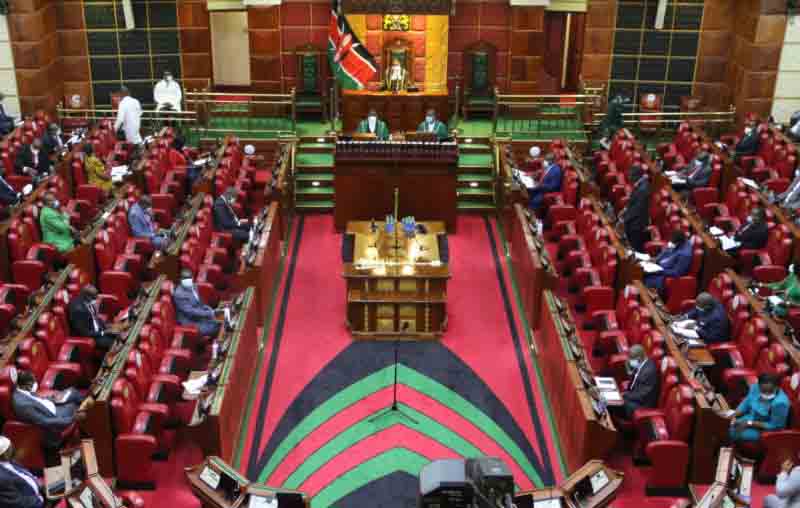×
The Standard e-Paper
Fearless, Trusted News

MPs have threatened to shoot down tough regulations by the electoral commission that seek to curb runaway election campaign spending.
The lawmakers yesterday appeared rattled by the decision by the Independent Electoral and Boundaries Commission (IEBC) to issue a gazette notice spelling the maximum amount to be spent by individuals seeking elective positions.